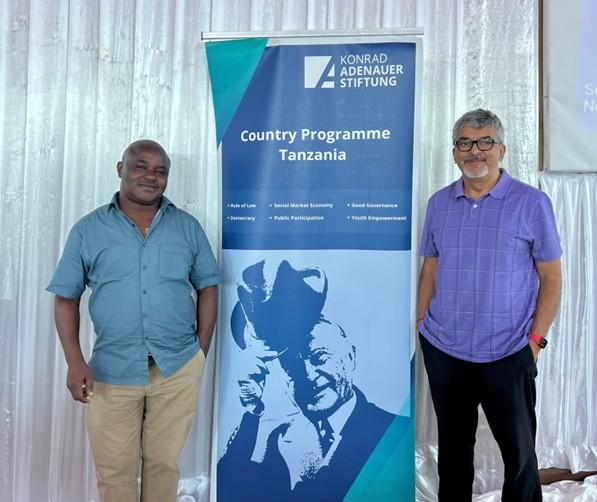Asset-Herausgeber
Veranstaltungsberichte
Electoral Recommendations for Tanzania
Why Electrol Democracy Fails to Meet Stakkeholder's Expectations in Tanzania Compared to Some Growing Democracies in Africa
Tanzania's transition to multi-party democracy in the 1990s was a milestone in its governance history. While it set the stage for citizen participation and regular electoral cycles, significant challenges persist in meeting stakeholders' expectations.
Improvements such as increased voter awareness and enhanced electoral infrastructure demonstrate progress. However, the dominance of ruling parties, limited political space for opposition, and low trust in electoral processes highlight systemic flaws. In contrast, growing democracies like Ghana and Botswana have embraced more inclusive practices, robust electoral commissions, and strengthened accountability measures, fostering higher public confidence.
Setbacks in Tanzania include frequent allegations of voter suppression, manipulation of electoral laws, and inadequate civic education. These issues have led to stakeholder disappointments, with many questioning the credibility of elections and the fairness of outcomes.
The threats of political instability, suppression of dissent, and erosion of democratic norms further hinder Tanzania’s progress. To rebuild trust, Tanzania must prioritize transparent governance, enhance civic participation, and ensure an even playing field for all political actors.
By addressing these gaps, Tanzania can draw lessons from Africa’s thriving democracies and move closer to realizing the true potential of electoral democracy.
15. November 2024
Bestellinformationen



